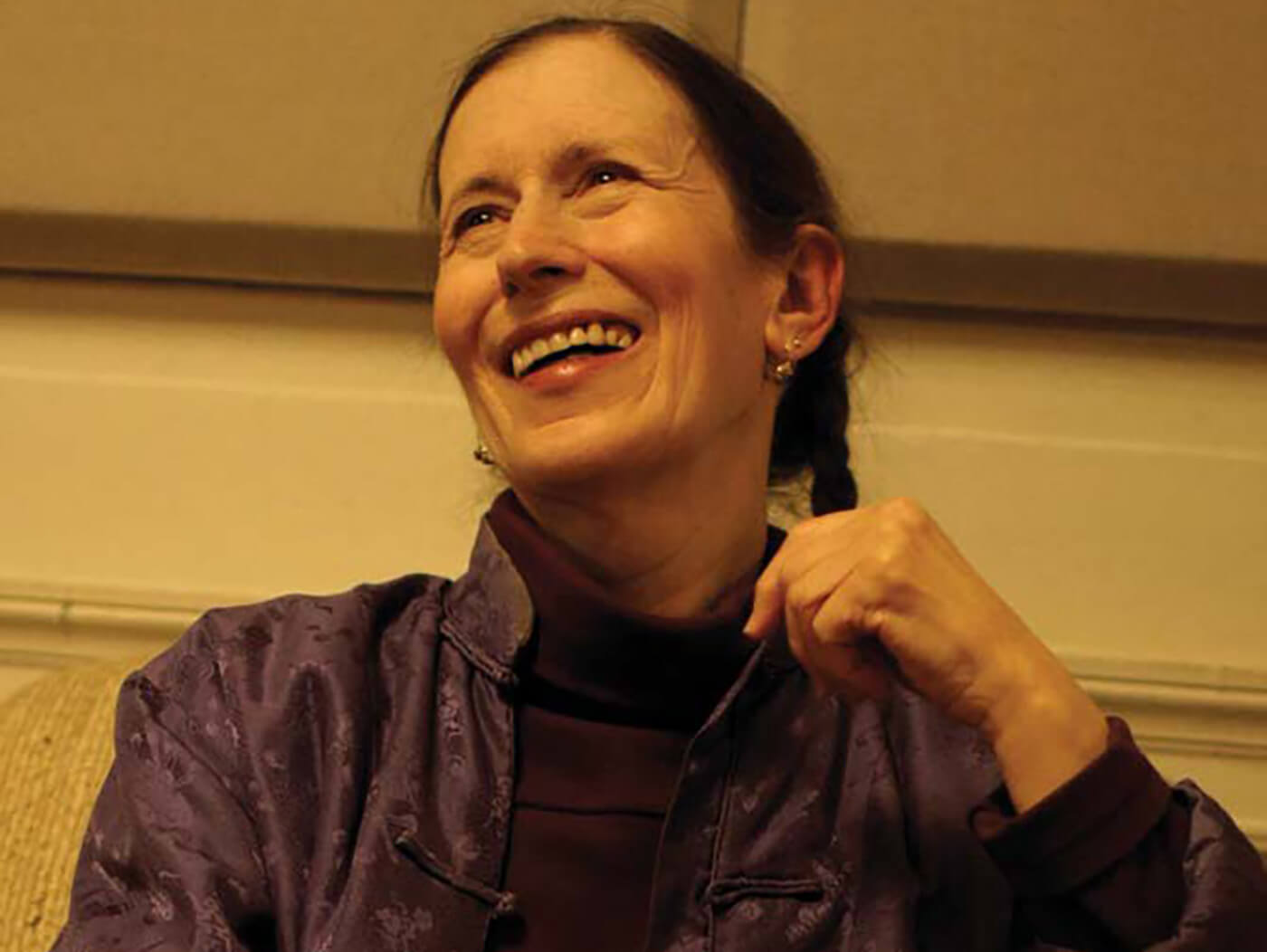If Keith Jarrett and Jan Garbarek were the two improvising musicians who established the distinctive tone of the ECM label’s contribution to jazz over the past 50 years, the composers Arvo Pärt and Meredith Monk played an equivalent role for ECM’s New Series, the imprint under which the company’s founder, Manfred Eicher, gathers those of his artists who come under the loose heading of contemporary classical music.
Monk, born in New York City in 1942, is a singer, composer, director, choreographer and filmmaker who began to develop her extended vocal techniques with solo performances in the early 1960s before founding her own multi-disciplinary company, The House, in 1968.
Since garlanded with honours and awards, she belongs with Laurie Anderson and
Brian Eno among the ranks of musicians who emerged in the last quarter of the 20th century with music that took its inspiration from John Cage, Terry Riley and others but floated free of defined genres, retaining a trace of its influences in the repetitions, phase-shifts and slowed-down progressions associated with systems music, attracting an audience ready to engage with music that exists beyond established idioms.
A background in performance suffuses her music with a sense of ritual. Her writing for the human voice, whether solo or stacked, mostly uses non-verbal sounds in her search for “shades of feeling or even spaces between feelings, believing that the voice could delineate the mystery of the indefinable compared to what we label as emotions.”
Now, to celebrate her recent 80th birthday, her dozen albums for ECM have been reissued in a boxset of CDs, each individual album retaining its identity as a single disc with its original cover design, from Dolmen Music in 1981 to On Behalf Of Nature in 2015. The austerity of the set’s title is matched by the characteristically restrained elegance of the packaging. The scale of the music ranges from the voice-and-piano duo of Facing North and the keyboard duets of Piano Songs to the orchestral resources of the opera ATLAS (the knottiest, least approachable piece here) and the large choir of Songs Of Ascension. In between come many compositions for small groups of voices, keyboards, woodwind and tuned percussion. Collaborators include the pianists Ursula Oppens and Nurit Tilles, the singer Theo Bleckmann and the percussionist John Hollenbeck.
Monk’s music reconciles apparent opposites: ancient and modern, simplicity and sophistication. The sounds she conjures seem to reach back to the very origins of music itself while peering into the future. The result, throughout a set of discs spanning three-and- a-half decades of exploration, is a kind of luminous beauty that belongs to her alone.

